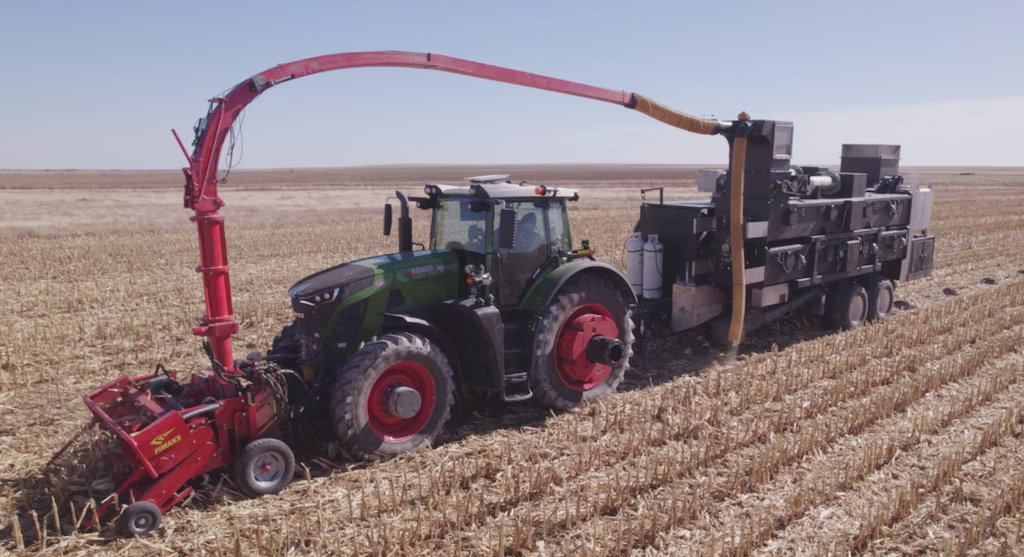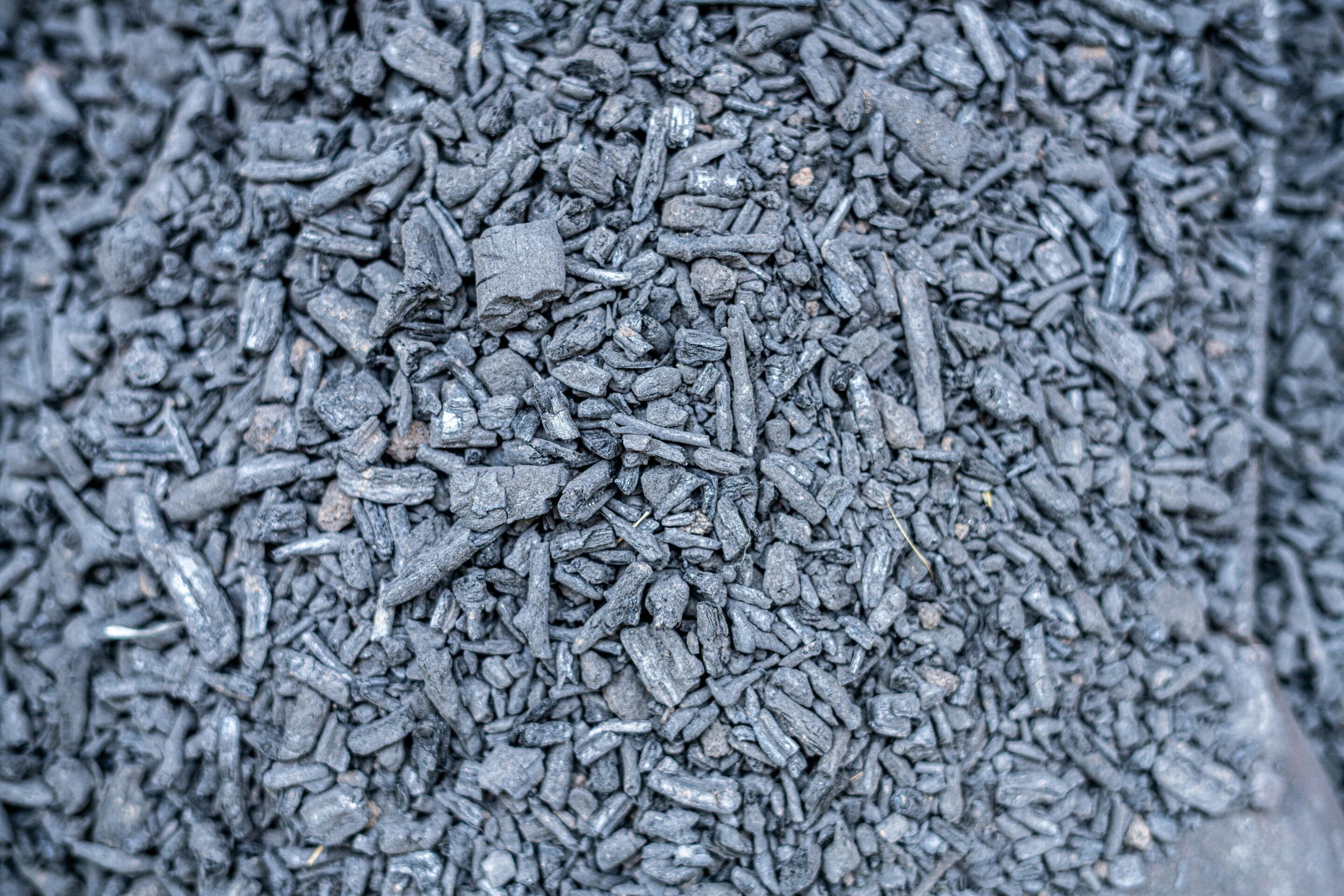Biochar works beyond the houseplants in your home. Read more to see how this powerful amendment is being used to grow crops & save energy! While crop yields are known to be high in the United States, there is also significant production of crop redisue that is not harvested and instead left in the field. While biochar is commonly produced from woody material, there are emerging technologies to efficiently use crop residue as a feedstock for making biochar. This process involves turning the residue into biochar at a fast pace, in the field, so it doesn't have to be transported off-site to be processed into char. This has two important benefits: it saves on transportation costs and energy, and also allows the char to be returned directly to the field. As we know, biochar in the soil can have a variety of benefits for crop production. This article mentions one case of a hay farmer increasing crop yields by 60% with the use of biochar. Check out the article to learn more!
Free shipping
Spend $100 and get free shipping!
Customer service
E-mail us with any questions or concerns: hello@circlesoil.com
Secure payment
We respect your privacy. Partnered with the trusted Shopify payment collection method.



Leave a comment
This site is protected by hCaptcha and the hCaptcha Privacy Policy and Terms of Service apply.